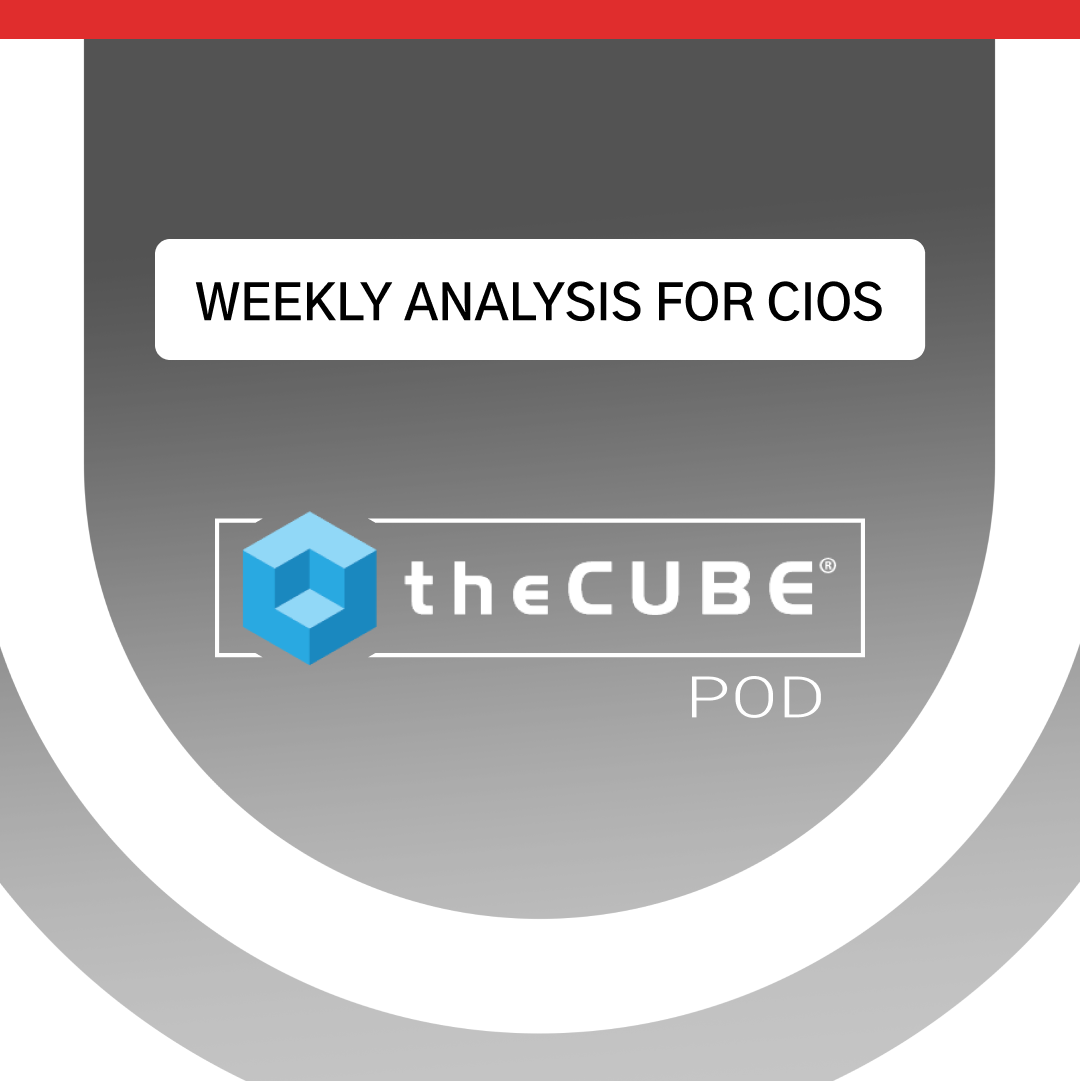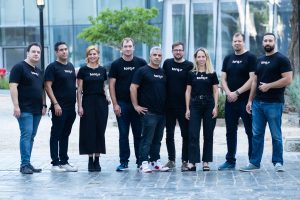We failed: Security should not be a user’s problem
![]() There are all sorts of excuses to be made, but as someone who joined personal computing in 1980, I need to tell my fellow users that we’ve failed you. The goal of personal computing was to make you more productive, entertain you and make the world a better place. In retrospect, we should have said “a better and safer place.”
There are all sorts of excuses to be made, but as someone who joined personal computing in 1980, I need to tell my fellow users that we’ve failed you. The goal of personal computing was to make you more productive, entertain you and make the world a better place. In retrospect, we should have said “a better and safer place.”
Google is a good example of what’s wrong. Quoting from an IDG News Service story about its new security dashboard for Google Apps:
“Security in the cloud is a shared responsibility,” Eran Feigenbaum, security director at the Google for Work team, wrote Monday in a blog post. “By making users more aware of their security settings and the activity on their devices, we can work together to stay a step ahead of any bad guys,”
A new dashboard gives users a snapshot of all the devices that have been used to access their account in the past 28 days, including any currently signed in, along with their approximate location, and displays prominently a link for changing their password if they notice any suspicious activity. Users can also revoke a device’s access to the account.
In addition, Google has rolled out a wizard designed to guide users through the steps to activate or adjust security settings and features.
Users didn’t create the problem
Google needs to realize that users didn’t create these security problems — Google did. Along with Microsoft and all the other big players who, as a group, still leave users unprotected.
Funny, how building a global communications infrastructure by ad hoc committee gets us great connectivity and all the openness a criminal could want. Add global economics and the planet’s best-and-brightest, the ones Google hasn’t hired anyway, are aligned against everyone else with criminal minds.
What did we do to deserve this? We signed up for a dream, promoted by those — including myself — who got caught up in the features and didn’t demand better, safer infrastructure.
Allowing a system to be built that is so complex a former TV news correspondent may be confusing government surveillance with a stuck delete key strongly suggests a problem with user experience and interface.
And being political, the former news correspondent has lots of supporters who, likewise, may not understand what they are looking at when they see her self-shot video of the problem.
I, too, have had Windows 8’s sticky delete key become over-zealous and delete sections of text. The solution was an adjustment to the keyboard setting for how long I have to hold a key to make the letter or function repeat. I had to explore to find the answer but never thought the government had taken over my laptop.
However, it’s enough that a supposedly intelligent person — or even a provably non-intelligent one — could have such a problem that indicates we should have done better job.
Next, I learn from Richi Jennings at Computerworld how the Regin malware has been around for a long time (maybe before 2006) and is really well-made. He runs through all the theories of who created the malware and what it does. The meta is that Regin proves computers cannot be made safe.
I understand that, once foisted off on customers, security becomes everyone’s responsibility. But it shouldn’t be that way. Google and the others need to own up, stop building self-driving cars and creepy glasses, and better meet their customers’ needs.
photo credit: Marika via photopin cc
A message from John Furrier, co-founder of SiliconANGLE:
Your vote of support is important to us and it helps us keep the content FREE.
One click below supports our mission to provide free, deep, and relevant content.
Join our community on YouTube
Join the community that includes more than 15,000 #CubeAlumni experts, including Amazon.com CEO Andy Jassy, Dell Technologies founder and CEO Michael Dell, Intel CEO Pat Gelsinger, and many more luminaries and experts.
THANK YOU













